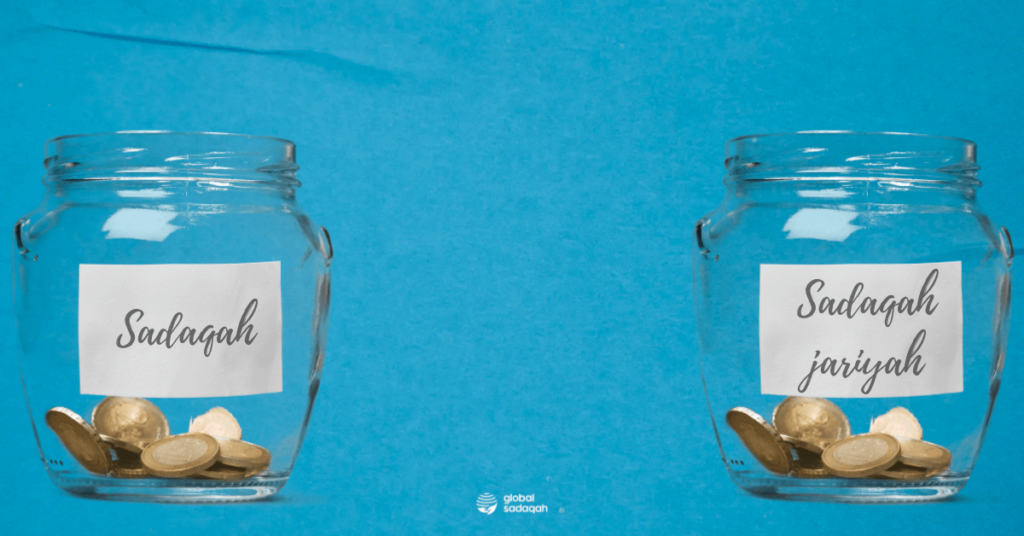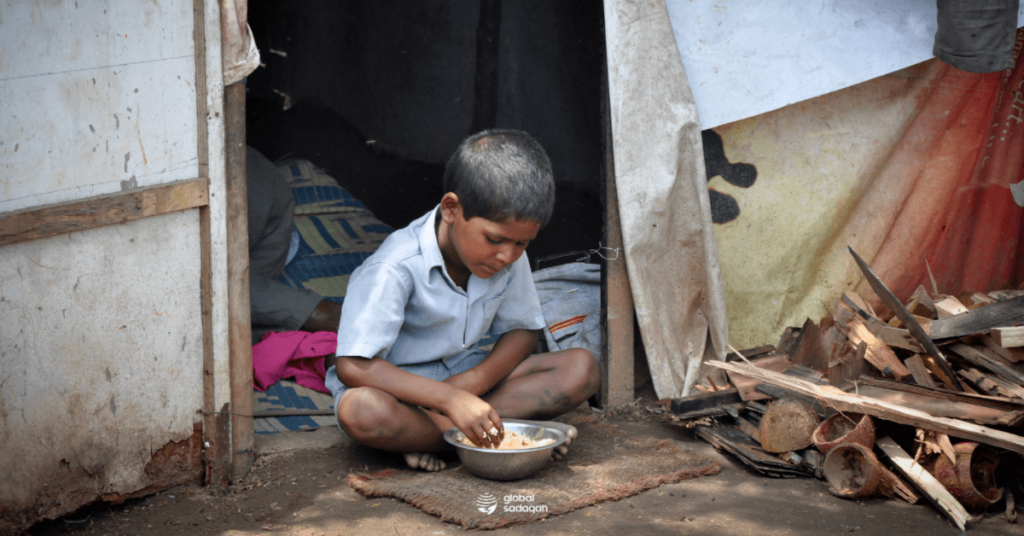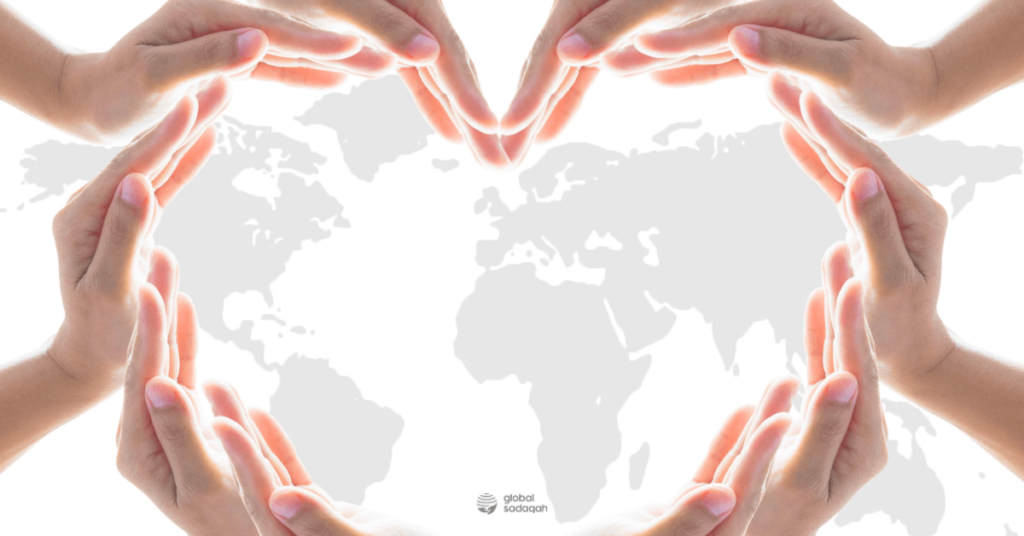Do you know that zakat, or sometimes, it’s known as ‘charity’, is the Third Pillar of Islam, a major teaching in the religion? Being charitable and providing for the needy are important features of the Muslim character.
There are several categories of charity that are defined in Islam, and the two most important being zakat (obligatory charity) and sadaqah (voluntary charity).
Zakat is a specific, standardised percentage of one’s excessive wealth that must be given to the poor and those in need on a yearly basis if one meets the set requirements. Sadaqah can be given to anyone in many forms including a smile (yes, a smile 😊), wise advice, or helping to build a home or mosque. The list is endless.
The Prophet ﷺ said: “Your smile for your brother is a charity. Your removal of stones, thorns or bones from the paths of people is a charity. Your guidance of a person who is lost is a charity.” (Bukhari)
Any charity that continues to have positive effects on a community in the long-term, can be considered a Sadaqah Jariyah, such as building homes, schools and hospitals, turning an area of land into a farm which continues to give crops for years to come and installing durable water systems in rural areas.
Is there a difference between Sadaqah and Sadaqah Jariyah?

Essentially, Sadaqah Jariyah is what today’s international development sector calls ‘sustainable development’, promoted by Islam over 1400 years ago, and encompasses the majority of the sustainable development programmes carried out by both Islamic and other NGOs today.
It is a wonderful news that even after our death, Sadaqah Jariyah continues to benefit us in so many way as Allah guarantees to record these continuous acts of charity in the following verse:
“Indeed, it is We who bring the dead to life and record what they have put forth and what they left behind, and all things We have accounted for in a clear register.” [Quran, 36:12]
There’s a hadith, on the authority of Sa‘d bin ’Ubadah that he said, ‘O Messenger of Allah! Umm (mother of) Sa‘d has died, so which charity is best?’ He [saw] replied, “Water (is best).” He said, ‘So he dug a well and said, “This (well) is for Umm Sa‘d”’. [Abu Dawud]
With that in mind, GlobalSadaqah has launched a wells campaign for this purpose. What also happens when we practice Sadaqah Jariyah is that the recipients make du’a in abundance on behalf of the donor. Subhan Allah, not only is the donor gaining reward for the project, they also benefit from the du’as made for them by strangers whom they’ve never even seen or met!
What’s the impact of Sadaqah on society?

True to its definition, sadaqah is an act of kindness that brings along a huge sense of satisfaction and fulfilment and it especially reaches an all-new level when donation is provided, especially for poverty-stricken children.
This is due to the fact that poverty ‘robs’ children of their future and they may face many obstacles as they grow up. Poverty-stricken children who do not get the nutrition that they need will be at risk for a lifelong disability when they reach the stage of toddlerhood.

The existence of countless starving, poor, hungry and homeless Muslims and non-Muslims in the world heightens the need for this essential teaching to be put into practice.
Affluent Muslims may not realise how their wealth could strengthen the entire society. The Prophet ﷺ has repeatedly emphasised that giving charity the right way is crucial to both the well-being of the needy as well as the ultimate happiness of the wealthy.
There’s never going to be a perfect time to give but the reality is that when we perform sadaqah to poor children, you are helping to lift them out of poverty. Research has discovered that girls are 7 out of 10 times more likely than boys to drop out of school when poverty arises. By practicing sadaqah to them, this will provide opportunities for the girls to pursue their education. Furthermore, these girls will eventually grow up to be mothers and it has been reported that more than 90% of the money a mother earns gets invested in her family’s future.
Sadaqah not only purifies one’s own wealth, but also helps to establish a flow of wealth in society. Muslims are bonded together by the good deed of giving, as well as the economic stability in communities through the distribution of wealth.
Sadaqah is also about benefiting the whole community and looking after the vulnerable to better society. May Allah is pleased with us as we practice one of Islam pillars with the intention to give for His sake and spread generosity.

